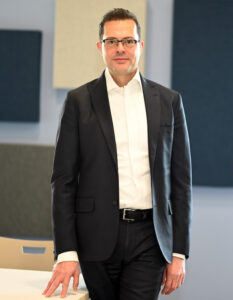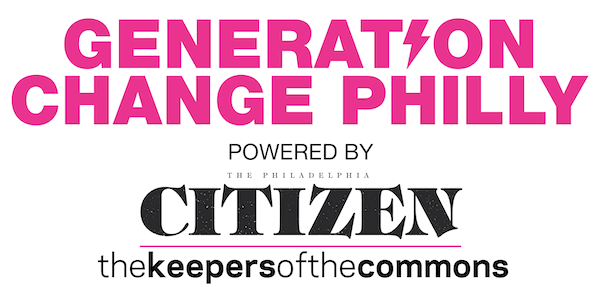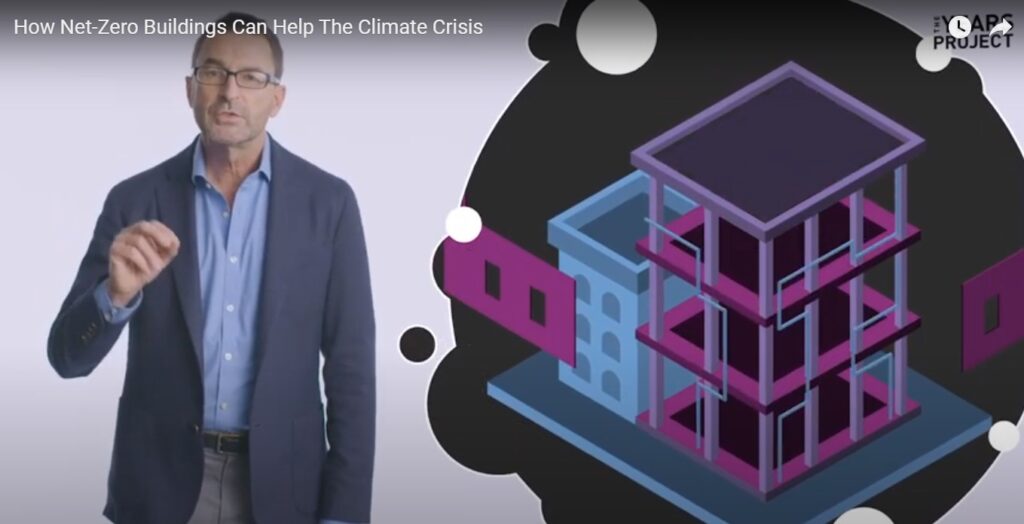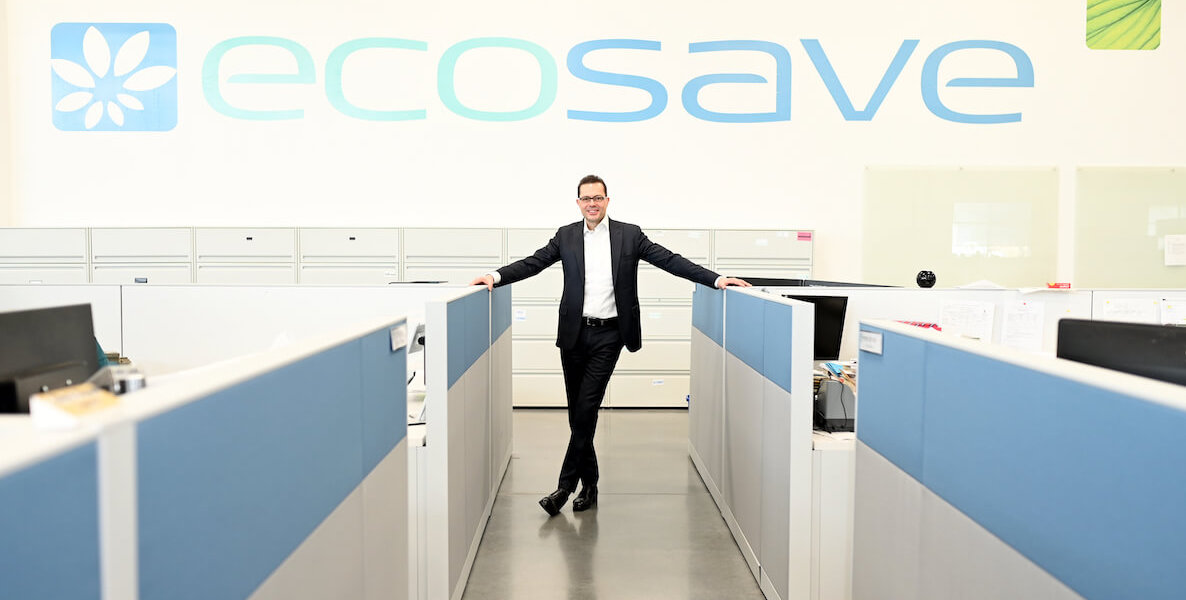Growing up in Argentina, Marcelo Rouco’s family was so poor — ”poor as can be,” he says — that there were nights his parents wouldn’t eat, just so that there’d be enough food for Marcelo and his brother.
At 14, Rouco and his family migrated to Australia, where his dad and mom — educated no further than the 7th and 5th grades, respectively — took to work as office cleaners. At night, after school, teenage Marcelo would pitch in to help out.
In a matter of time, however, after graduating from high school and deciding to skip college, Rouco started working for a conference and corporate training company that had him traveling the world, living in a new place for one year at a time to either rescue or shut down that company’s outposts. Before he knew it, he was doing exceedingly well financially, making more money every year.
It was work that filled his wallet, but not his soul.
“I saw the gap and thought How much is enough?” he says. “When does it just become greed? It felt like Is this going to be the story of my life? Is that why I’m in this world, is that why I exist? What an empty existence!”
The light-bulb moment, literally
Rouco always loved the outdoors — like, really loved the outdoors: He’s someone who will go hiking for three weeks at a time with just a tent and a backpack. He once did a 250-mile kayaking trip over five days. And the more time he spent traveling the world and being in different outdoor environments, the more he started to actually witness the effects of global warming. “This was 25 years ago, before global warming was in the public consciousness,” he says.
Corporations certainly weren’t in the habit of taking any responsibility for the fate of the planet — they put that burden on governments. Trouble was, everywhere Rouco traveled, he’d see governments try to address the environment in fits and stops: One administration would attempt to do something, then a new one would throw it all away.
“It was a global problem, and I thought: I have to come up with a way that companies and institutions can make decisions that are good for the environment [if only] because it’s good for their financial wellbeing,” he says.
Without an engineering — or college — degree under his belt, Rouco didn’t have the technical skillset to create a new product himself. But he did see the potential in starting with something simple: lighting. So he started a company that sold voltage reduction boxes to make lighting more energy efficient. “It reduced the consumption of lighting by one-third. Because I am not an engineer, this was a very simple solution that I could understand and explain,” he explains.
“I saw the gap and thought How much [money] is enough? When does it just become greed? It felt like Is this going to be the story of my life? Is that why I’m in this world, is that why I exist? What an empty existence!” Rouco says.
As the business grew, he was able to hire engineers with the expertise he lacked; that allowed the company to expand into every aspect of energy efficiency and green energy generation.
Now the company, Ecosave, which was launched in Australia 20 years ago this March — and established its U.S. headquarters at Philly’s Navy Yard in 2013 — aims to make every building it contracts with zero-carbon in a way that’s financially viable for the client. That means reducing how much electricity, gas, steam, and energy a building uses.
“At the end of the day, the human race is too short-minded. They’re not long-term minded. So you need to show people, to motivate them, something short-term that’s going to be good for them,” he says.
His visionary commitment to motivating people to do good — with big-scale results — makes Rouco a perfect fit for Generation Change Philly, The Citizen’s series in partnership with Keepers of the Commons to highlight Philadelphians making a meaningful impact in our city.
RELATED: Read about the 13 other outstanding locals we’ve spotlighted in Generation Change Philly
Big footprint
The New York Times estimated that “retrofitting buildings for energy conservation in the United States could save $1 trillion over a decade, reduce American greenhouse gas emissions by 10 percent, and spur employment across the country.”
Over its history, Ecosave has reduced CO2 emissions by 1.2 million tons, which equates to taking 260,870 cars off the road — permanently — for clients that include the City of Sydney, Charles Sturt University in Australia and Philly’s Constitution Health Plaza. Over the next four years, Rouco and his team plan to double their impact to 2.4 million tons of carbon emission reduction.
“At the end of the day, the human race is too short-minded. They’re not long-term minded. So you need to show people, to motivate them, something short-term that’s going to be good for them,” Rouco says.
Here’s how his business model works: Let’s say you have some type of commercial, large residential or institutional building. Ecosave can do upgrades to your building’s system to reduce energy and water usage by 25 to 50 percent; then, for the energy you still need to use, Ecosave can build green power generation at your site (solar, battery storage and so on), which, Rouco explains, “you can pay less [for] than buying it from the grid.”
RELATED: Want to do your part to reduce carbon emissions? Start biking!
Clients can pay to retrofit an existing building if they’d like, but most of Ecosave’s clients use the Ecosave Services Agreement model, whereby Ecosave funds the upgrades and gets paid by sharing the savings with the client.
“So the client puts zero capital, no debt and we agree how we will share the savings our upgrades create as payment,” Rouco says. “All while renewing their building systems equipment at no cost to them.”
The company currently employs 100 people, with 35 of them based in Philly; they plan to add 35 more jobs in Philly in 2022 and another 80 in 2023. As founder, Rouco still owns 42 percent of the business; the rest is owned by Ridgewood Infrastructure, which is a $6 billion private equity infrastructure fund.
So-Philly grit

When Rouco was looking to expand operations to the U.S., he didn’t immediately rush to Philly. Instead, he spent two years exploring cities on the East Coast—Toronto, Boston, D.C., New York City, and Philly. But he chose Philly for the same reasons so many of us do: “Philly’s extremely underrated,” he says. “What surprises me is that even Philadelphians, people who have lived here their whole lives, think ‘Why Philly?’ But I love Philly’s arts and culture and food and nature.”
He also loves its proximity to would-be customers: “Within 200 miles of Philadelphia, we have 40 million people, because you’re capturing New York City, Washington D.C., so it’s actually in the center of the largest populated area in the country.”
And from a networking perspective, it’s also like no other place in the world. “I found Philly to be a lot friendlier and more inclusive. I was coming with my wife and two kids, and I just found Philly easier to come into. And if you want to talk to somebody in Philly, you just ask your circle, and somebody will know somebody who knows somebody who knows them.”
Among his network is Philly real estate leader Steven Atlass, who was formerly on the Ecosave board, and says that what sets Rouco apart is his so-Philly grit.
“He just pushes forward and gets it done,” he says. “He’s developed a business where it’s win-win for everybody. He’s obsessed with the environment, and Ecosave both saves the environment and saves the buyer money. So it’s one of those few products that sort of everybody wins. It’s the future–and it’s really something that everybody should be doing.”
From his mouth to God’s–or, at least, building-owners’–ears.

The Philadelphia Citizen is partnering with the nonprofit Keepers of the Commons on the “Generation Change Philly” series to provide educational and networking opportunities to the city’s most dynamic change-makers.
![]()
RELATED




